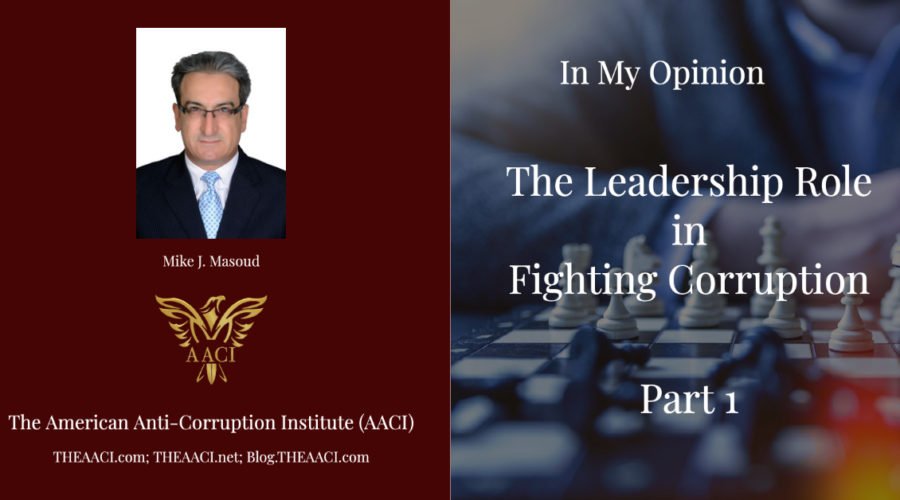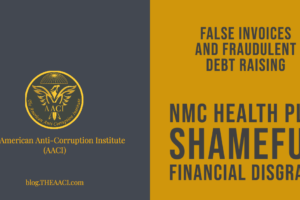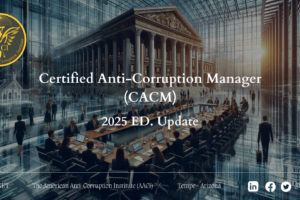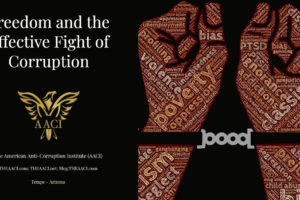Mike Masoud
November 15, 2021
While it is the role of government, The judiciary, and other agencies to enforce laws and regulations, it is leadership, which is required to succeed in the fight against corruption. Leadership by example and setting the proper tone at the top are prerequisites for conquering corrupts and corruption.
What Does a Leader Need to Succeed in Fighting Corruption Effectively?
A charismatic leader instills a culture of integrity and ethical conduct among his subordinates. He cultivates a work environment that is conducive to ethical conduct and instills a sense of honesty and transparency. In other words, he makes integrity a value-driven work environment. Such environments are less prone to corruption. He has the power to influence his subordinates. He is competent, just, firm, and shows a high level of integrity. The effective leader does not tolerate corruption or a corrupt environment. Nepotism is not one of his currencies.
A leader invests in the anti-corruption intelligence knowledge of his executives and decision-makers of the organization. He insists on conducting annual cutting-edge anti-corruption learning programs for his subordinates. This will avoid the risk that they become complacent about their level of knowledge about internal controls and anti-fraud measures.
Strategic Planning and Fighting Corruption
The effective leader thinks, acts, and speaks in ways that help prevent corruption. The leader understands that overcoming corruption is essential to sustainable organizational success. He is a role model for ethical conduct in the way he thinks, in his actions, in his decisions, and in his words. He sees himself as a change agent for ethical behavior in the organization.
He sees the fight against corruption as a key component in designing (formulating), implementing, and evaluating the results of organizational strategies. He doesn’t wait for a crisis to “do something” about corruption risks. Risks are identified and managed. He oversees the design and implementation of an organization’s corruption prevention policy and ensures that there is a proper whistleblowing policy.
He sees himself as a partner in a shared fight with all stakeholders against corruption. He can’t win this fight alone.
Fighting corruption and fraud is a daunting and challenging task, but the risk of inaction is far worse. Corruption costs the global economy about $4.4 trillion a year. It’s a cycle of corruption and fraud that impacts nearly every organization in the world.
Continue reading The Leadership Role in Fighting Corruption: Part 2











































